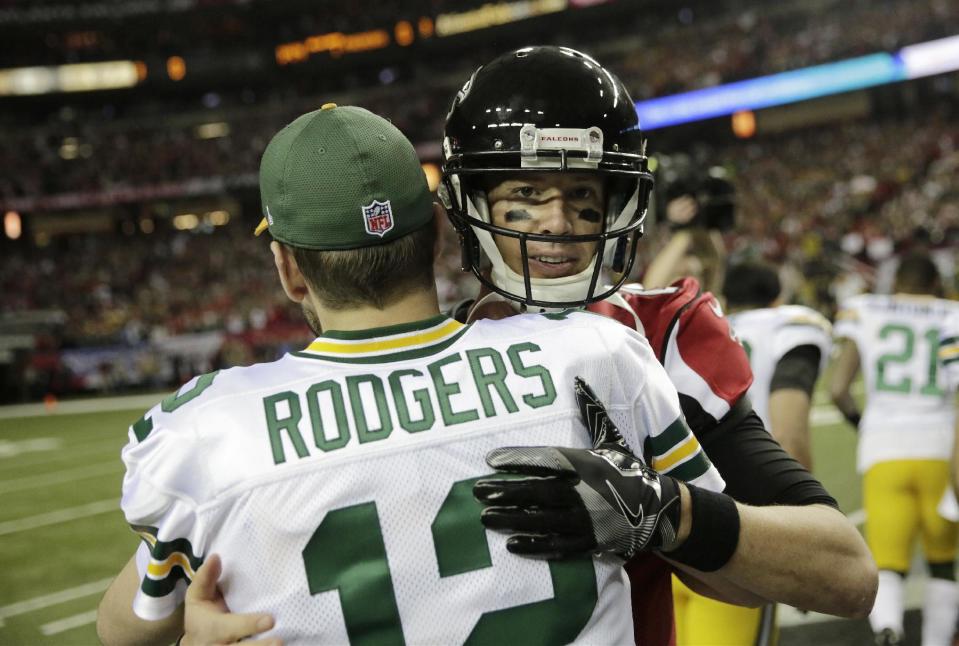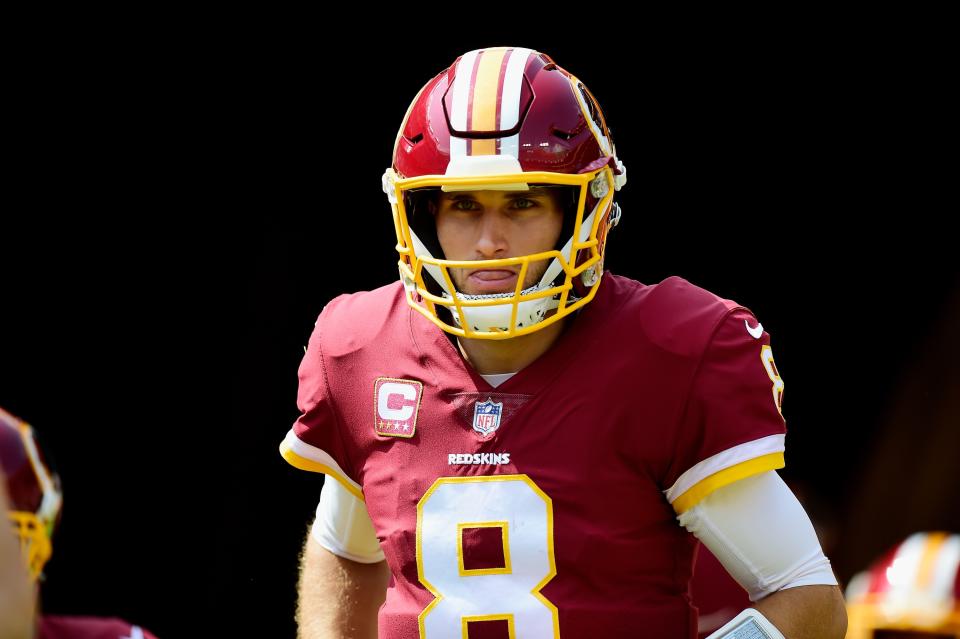Kirk Cousins may have unlocked LeBron James type of power for NFL players
On Monday morning, when NFL teams were cranking up their offer sheets for the start of free agency, an NFL executive with a quarterback negotiation looming in the distance dialed a confidant with a specific contract question.
“Is [Kirk] Cousins going to get a full guarantee?” he asked.
Meanwhile, another executive fired off a text.
“[Our player] will be interesting post-Kirk, I’m sure,” it read.
Gradually, reality sank in Monday. A top-tier, free-agent quarterback was not only going to seek arguably the most player-friendly short-term deal in league history, he was going to get it. A contract that was essentially the royal flush of NFL free agency: Making Cousins the highest-paid quarterback in the league; guaranteeing all of the money; and if that wasn’t enough … surrendering a three-year structure that would put Cousins back onto the market at 32 years old.

Among NFL teams and many agents, this was the talk of the scouting combine in Indianapolis. Some executives who saw the deal coming were less than enthused, knowing it was going to complicate their own quarterback negotiations down the line. Others predicted it could bleed over to all elite free agents, not just the quarterbacks who had insane amounts of leverage.
First and foremost, everyone pointed to the Green Bay Packers’ Aaron Rodgers and Atlanta Falcons’ Matt Ryan. And the chorus of opinions was in universal agreement: Cousins was about to make both Rodgers and Ryan an immense amount of guaranteed money. But it doesn’t end there. The Seattle Seahawks’ Russell Wilson and Dallas Cowboys’ Dak Prescott are both up for free agency after the 2019 season. And both will be impacted by the Cousins deal. Not to mention elite defensive free agents like the Houston Texans’ Jadeveon Clowney and Oakland Raiders’ Khalil Mack.
“It’s going to create a couple things,” one executive said of Cousins’ fully guaranteed deal. “[Teams] will stack franchise tags on players – because what’s the difference? If you have a player who says, ‘I want a fully guaranteed deal’ and he’s sticking to that, then you automatically figure on using tags as long as it isn’t really prohibitive. …
“A fully guaranteed deal is going to be prohibitive anyway, so you might as well commit to it one year at a time while you can. That can be a plan for the first two years. When that’s exhausted, you either do the longer deal or you do like the [Washington] Redskins did and just let the player leave.”
And the other ripple from Cousins’ deal?
“It will be a wild card in free agency,” the executive said. “Agents will say, ‘We have these teams that are willing to do a [fully guaranteed] deal.’ It will go from, ‘Who will guarantee the most’ to ‘Who will guarantee all of it?’ That will set the tone right there.”
Of course, this is all conjecture at this stage. Cousins did something no other player has done in this kind of circumstance – essentially winning on the front and back end of a deal. But for it to become a standard would take Ryan and Rodgers following suit. And for it to spread outside of the quarterback elites would take someone like Clowney forcing a team to do a fully guaranteed deal for a cornerstone defensive player. That’s a lot of needles left to thread.
But in all of this, one thing is clear: Elite NFL players are thinking more about the power they hold over teams – and also the ability to win big when they say “no” to a deal (as Cousins did with the Redskins) and then gamble on themselves.
As Seattle Seahawks star wideout Doug Baldwin said on Twitter, “Kirk Cousins is a hero for all the young players that will follow after him. Now we need more players to bet on themselves until fully guaranteed contracts are the norm and not the exception.”

Undoubtedly, Cousins’ maneuver has planted a seed. And it could grow into something bigger. One sign of that also surfaced at the combine, where agents were theorizing what other doors could be opened in Cousins’ wake. One agent suggested there is another potential game-changer still on the table: the player-controlled opt-out clause.
The opt-out has become a powerful tool for players in the NBA, allowing stars like LeBron James to dictate a change of scenery or new maxed-out contract every few seasons. Not to mention leveraging the Cleveland Cavaliers’ front office during the season, at times like the NBA trade deadline. There are agents who believe a superstar NFL quarterback could eventually hold that kind of power. Not only landing a fully guaranteed deal, but also convincing a team to surrender a player-controlled opt-out inside of that same contract.
Given the immense power of such a combination, it seems wildly unlikely in the NFL. But who saw Cousins changing free agency forever? Who saw an NFL team sliding to the negotiating table and giving away both record-setting money and the ability for a player to go back to free agency in only a few years?
What seemed inconceivable in a league that has long dominated its players at the negotiating table has finally happened. Kirk Cousins went through the wall. Matt Ryan and Aaron Rodgers are next. Where NFL stars go with this stunning new momentum could shape the league for decades.
More from Yahoo Sports:
• No, Altuve was not glaring at President Trump
• Eric Adelson: The quiet aftermath of the scary foul that went viral
• Packers revamp passing attack in one fell swoop
• Warriors cancel practice after Curry’s wild birthday party


